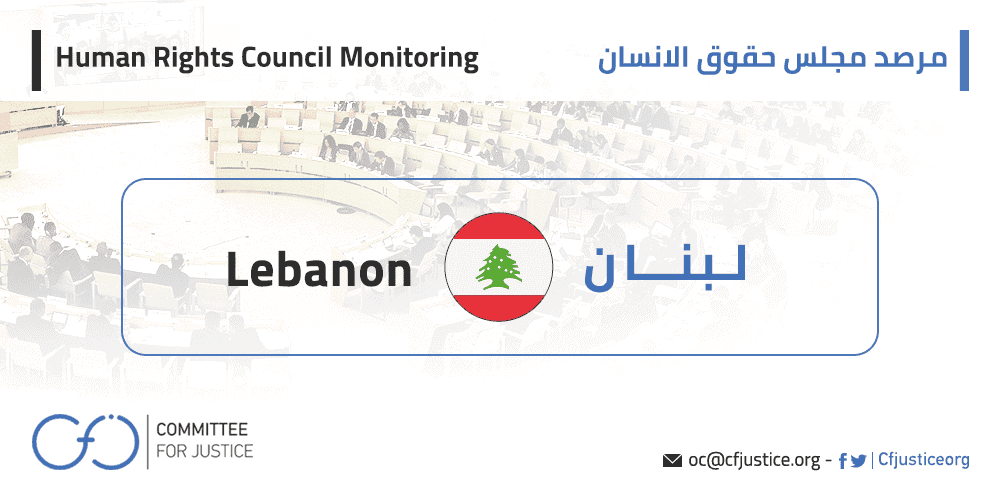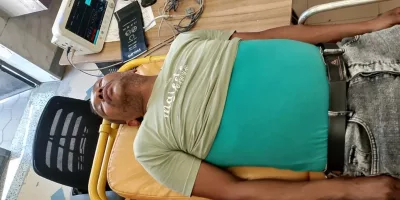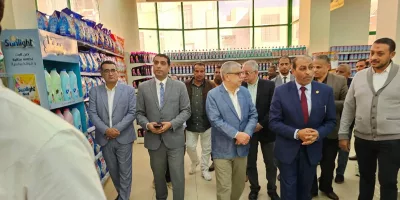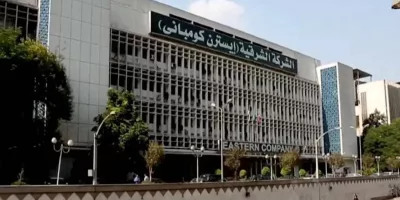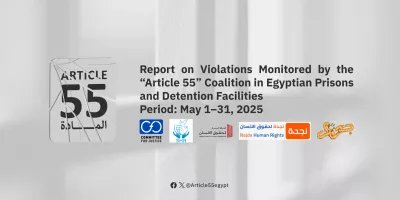News briefing
Translated and edited by: Committee for Justice
Geneva, August 12 2021
The Committee on the Elimination of Racial Discrimination at the Human Rights Council in Geneva concluded its consideration of the combined report of the twenty-third to twenty-fourth periodic reports of Lebanon.
The review comes after the committee’s experts raised questions about the Kafala (sponsorship) system for migrant domestic workers, the lack of a definition of racial discrimination, and the treatment of refugees.
Violations against domestic workers:
Regarding migrant domestic workers, the committee’s experts said that they continued to be victims of discrimination and violence, often confined to the residency of their employer, and passports were withheld from them. There was a need to abolish the kafala system and the requirement to reside in the home of the employer, and that the kafala system was a source of discrimination and violence and should be abolished.
The experts explained that Lebanon does not yet have a law defining racial discrimination, which prompted them to ask about the measures taken to adopt a specific law related to discrimination.
Lack of explicit laws against racial discrimination:
The Committee expressed its concern about the lack of clarity in legislation prohibiting racist discourse, stereotyping and stigmatization, particularly against refugees.
Regarding refugees, the experts expressed their concern about the curfew measures imposed on refugees, especially Syrian refugees, noting that the checkpoints at the entrances and exits of refugee camps slowed ambulances, and the refugees considered them a humiliation.
The situation of Palestinian refugees was of particular concern. The experts requested an update on any efforts made by Lebanon to promote and protect their rights. The situation of Syrian refugees held in detention centers was also worrying. The experts also requested that measures be taken to punish the perpetrators of crimes against them, and provide compensation to the victims.
Responses of the Lebanese delegation:
Salim Baddoura, Permanent Representative of Lebanon to the United Nations Office in Geneva and head of the delegation, said that “Lebanon is facing exceptionally difficult circumstances as a result of various severe crises affecting the country, especially the consequences of the COVID-19 pandemic. Lebanon is also still facing a stifling refugee crisis as it is hosting more than one million displaced Syrians, hundreds of thousands of Palestinian refugees, as well as refugees from other countries, and this is causing a deterioration of the living conditions and put a great weight on the host community, in addition to the hostile intentions of Israel towards Lebanon and the transgressions against the Lebanese people in south Lebanon.”
Baddoura stressed that Lebanon remained committed to shoulder all its international responsibilities, especially in the field of human rights, and adhered to the international human rights mechanisms, which made up one of the most important pillars to strengthen and promote human rights. Lebanon sought not to distinguish between citizens and refugees in providing basic services.
The delegation of Lebanon clarified that a standard employment contract for migrant domestic workers has been used since 2009 to protect their rights and organize a contractual relationship in an equitable manner. The Ministry of Labor also adopted a new unified contract for migrant domestic workers in 2020, but unfortunately it was suspended by the Lebanese State Council. The Ministry of Justice also activated a hotline for migrant domestic workers to complain about the treatment and start a dispute, and seventy-seven such complaints were directed to the ministry in 2020.
Although there are no specific provisions against racial discrimination, the delegation said that judges could cite the Convention, as it was a higher force in comparison to national law. The Criminal Code criminalized all acts of discrimination that could embody hate speech or instigation against any communities. Racist speech against migrant workers and refugees was being combatted by various Lebanese authorities.
With regard to refugees, the delegation said that Ministry of Labor Decision No. 193 of August 5, 2017, provided a list of the various documents needed for Palestinian refugees to obtain a work permit, which they can do. The Lebanese government also adopted a legal framework to protect refugees in 2003, and signed Memorandum of Understanding with the United Nations High Commissioner for Refugees, guaranteeing temporary protection for refugees in Lebanon.
The delegation pointed out that Palestinian refugees enjoy complete freedom of movement, whether in Lebanon or when traveling abroad, and that laws that provide for an appropriate and reasonable time frame for birth registration apply to Lebanese and non-Lebanese without discrimination. There were between 25,000 and 30,000 birth registration cases among Syrian refugees.
UN welcome Lebanese cooperation:
In his closing remarks, Ibrahima Guissé, Committee member and Country Rapporteur for Lebanon, welcomed the open and frank dialogue and commended the entire Lebanese delegation in the difficult context, particularly the power outages in the country affecting their ability to hear all questions and provide responses.
The Lebanese delegation included representatives of the Council of Ministers, Internal Security, Ministry of Justice, Ministry of Labour, National Commission for Lebanese Women, Palestinian Dialogue Committee, Ministry of Education, Ministry of Foreign Affairs and Emigrants, Ministry of Social Affairs, and the Permanent Mission of Lebanon to the United Nations Office at Geneva.
The Committee is expected to issue concluding observations on Lebanon’s report at the end of its 114th session, on 25 August.

